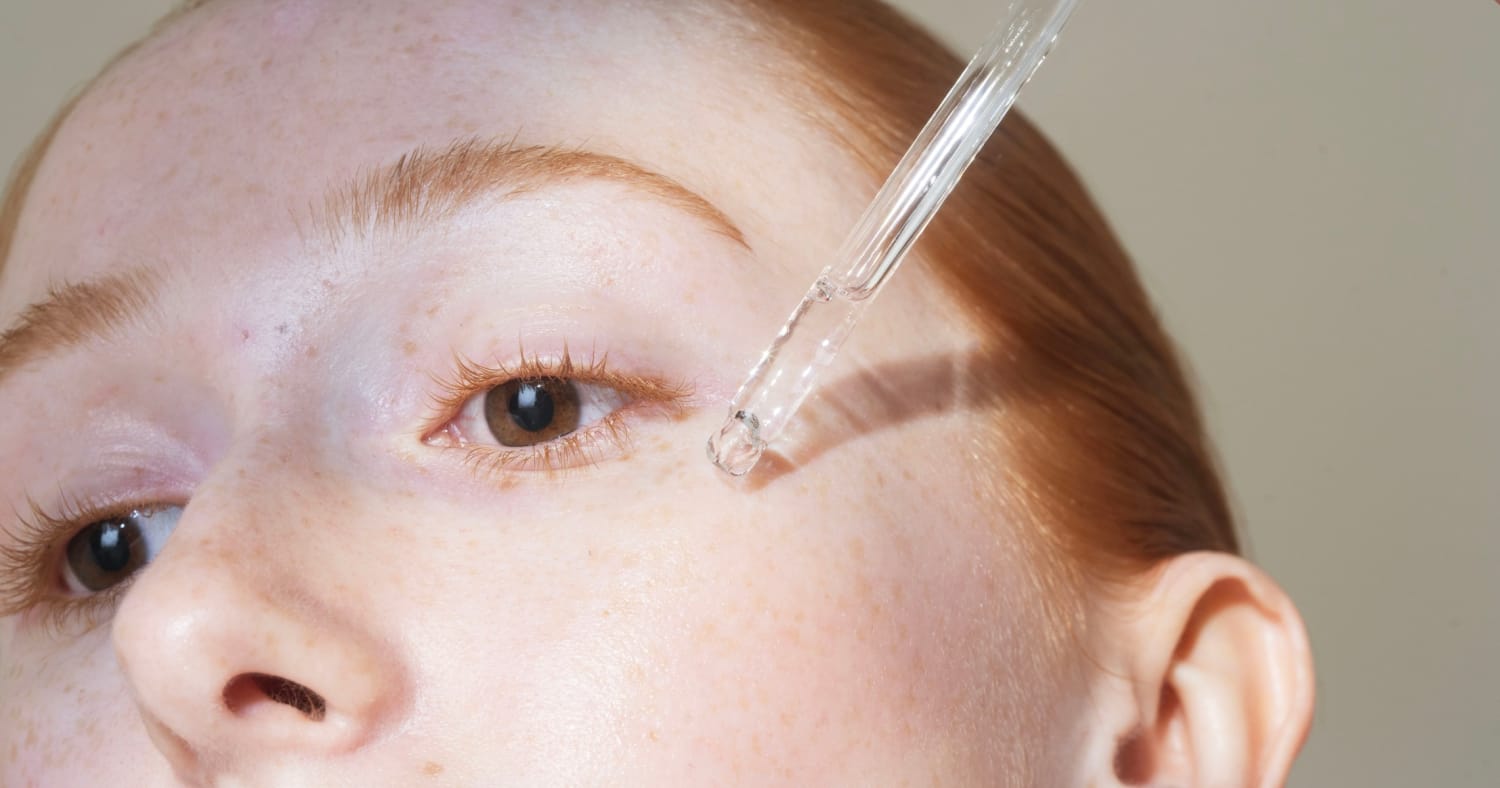Understanding Retinol’s Effects
The Myth of Skin Thinning
Contrary to popular belief, retinol does not thin your skin overall. This misconception likely stems from a misunderstanding of how retinol works on different layers of the skin.
The Science Behind Retinol
Effects on Skin Layers
Retinol, like other retinoids, does thin the stratum corneum, which is the outermost layer of dead skin cells. However, it simultaneously thickens the dermis, the deeper layer that makes up most of the skin.
Long-Term Benefits
Collagen Production and Skin Thickness
Over time, retinol actually strengthens and thickens the skin in a healthy way. It increases collagen production, resulting in greater dermal thickness and making the skin more resilient against signs of aging.
Skin Cell Turnover
Accelerated Renewal Process
Retinol speeds up the skin’s cell turnover cycle, causing it to shed old layers faster than normal. This process can sometimes be mistaken for thinning, but it’s actually a renewal mechanism.
Clinical Evidence
Research-Backed Results
Studies have consistently shown that after 6 months of using retinol, both the epidermis and dermis are significantly thicker. This demonstrates retinol’s ability to enhance skin structure over time.
Addressing Concerns
Sun Sensitivity and Skin Care
While retinol can increase sun sensitivity, this is not due to skin thinning but rather the accelerated cell turnover process. Proper sun protection is essential when using retinol products.
Optimal Usage
Incorporating Retinol Safely
To fully experience the benefits of retinol without risking barrier disruption, it’s important to use it correctly. Methods like skin cycling can help balance retinoid use with other skincare practices.
Debunking the Myth
In conclusion, retinol does not thin the skin as a whole. Instead, it promotes overall skin health by enhancing collagen production and skin cell renewal, leading to thicker, more resilient skin over time.


